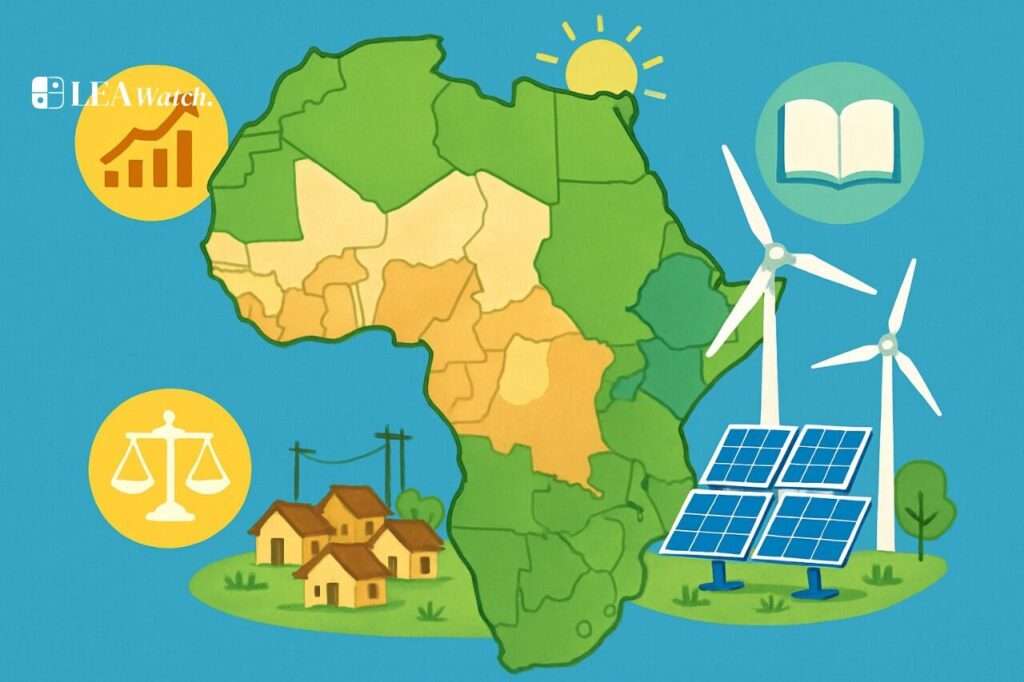Over 600 million Africans, mostly in Sub-Saharan Africa, still lack access to electricity, posing a critical barrier to economic and social development. This energy deficit is especially severe in rural areas where infrastructure is limited and population growth outpaces electrification efforts, leaving about 451 million rural inhabitants without power in 2023. Major countries like Nigeria, Democratic Republic of Congo, and Ethiopia account for a significant portion of this gap.
The persistent lack of electricity fuels inequality and limits opportunities for education, healthcare, and industrial growth. African governments are therefore emphasizing the need for international climate funding geared towards equitable and sustainable energy solutions. At the same time, there is strong momentum for local innovation using renewables such as solar, wind, and geothermal to meet growing demand and achieve universal access by 2030.
Addressing this energy challenge is vital not only to Africa’s development goals but also for global climate justice, as it requires collaborative action and substantial investment possibly exceeding $28 billion per year to upgrade grids, reduce losses, and expand clean energy infrastructure.
This energy crossroads highlights a geopolitically significant push for funding equity and technological innovation to power Africa’s future growth and resilience in a warming world.

